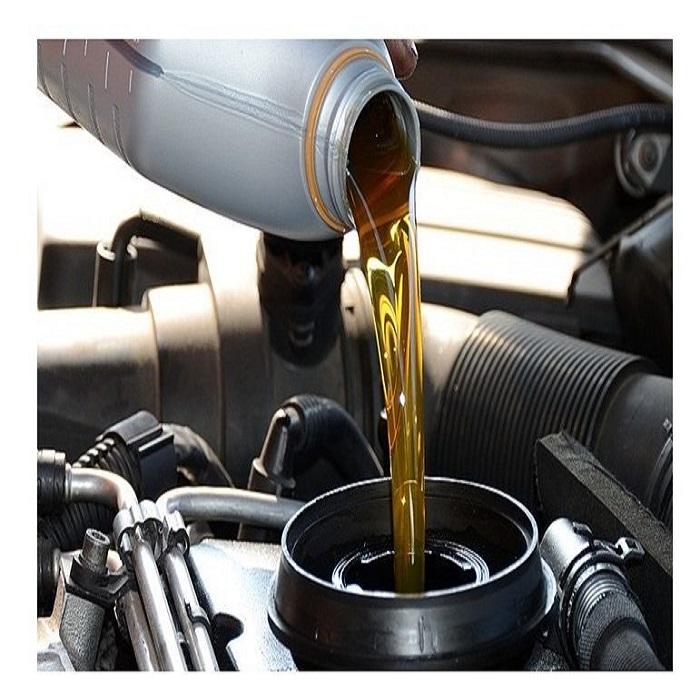Which Engine Oil For My Car? – How To Choose That Suits Car
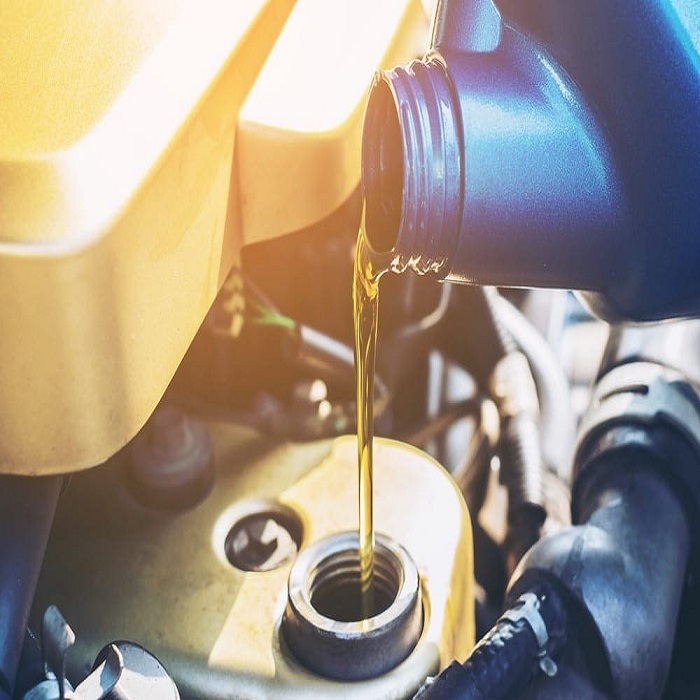
Which engine oil for my car? Engine oil is the lifeblood of your vehicle, ensuring smooth operation and longevity. It lubricates the engine’s moving parts, reduces friction, prevents overheating, and protects against corrosion. However, with so many types of engine oils available on the market, choosing the right one can be overwhelming. This comprehensive guide will walk you through everything you need to know about selecting the best engine oil for your car, from understanding viscosity ratings to considering synthetic versus conventional options.
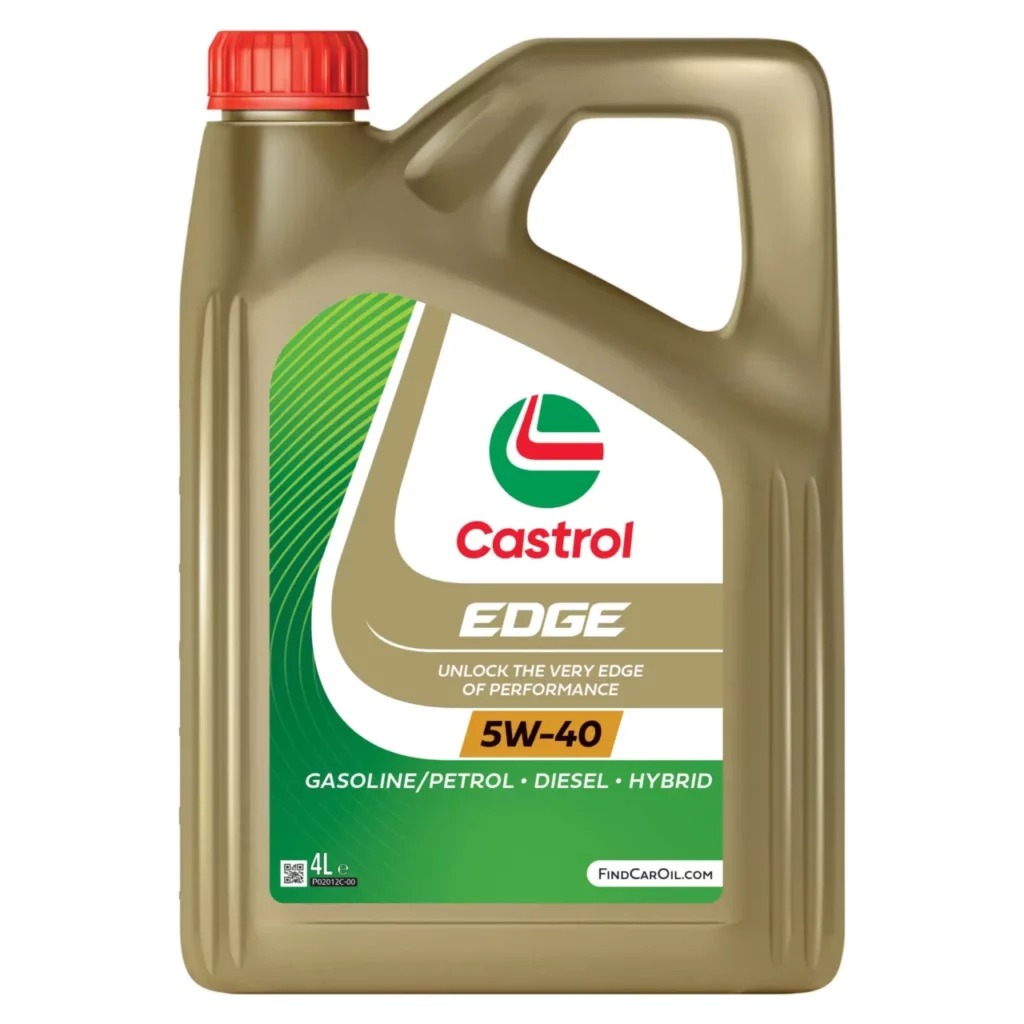
Understanding Engine Oil Basics
Which engine oil for my car? Before diving into specifics, it’s essential to understand what engine oil does and why it matters. Engine oil serves several critical functions:
- Lubrication: Reduces friction between metal components, preventing wear and tear.
- Cooling: Helps dissipate heat generated by the engine.
- Cleaning: Removes dirt, debris, and deposits that accumulate over time.
- Sealing: Maintains a tight seal between pistons and cylinder walls.
- Corrosion Protection: Guards against rust and oxidation.
Knowing these roles helps underscore the importance of using the correct type of oil for your vehicle.
Decoding Viscosity Ratings: What Do Those Numbers Mean?
Which engine oil for my car? One of the most confusing aspects of engine oil is its viscosity rating, often expressed as something like “5W-30” or “10W-40.” Let’s break this down step by step.
The First Number (e.g., 5W)
The first number followed by “W” indicates how well the oil flows at low temperatures. The “W” stands for “winter,” and lower numbers mean better performance in cold weather. For example:
- A 5W oil will flow more easily than a 10W oil in freezing conditions.
- If you live in a region with harsh winters, opting for an oil with a lower winter rating is crucial.
The Second Number (e.g., -30)
The second number represents the oil’s thickness or resistance to flow at high operating temperatures. Higher numbers indicate thicker oils that maintain stability under heat. For instance:
- A 5W-30 oil has good all-around performance but may not hold up as well in extremely hot climates compared to a 5W-40.
- Conversely, a 10W-40 oil might provide superior protection in hotter environments but could struggle in colder ones.
Why Does Viscosity Matter?
Which engine oil for my car? Using the wrong viscosity can lead to poor engine performance, increased fuel consumption, or even mechanical damage. Always refer to your car manufacturer’s recommendations found in the owner’s manual.
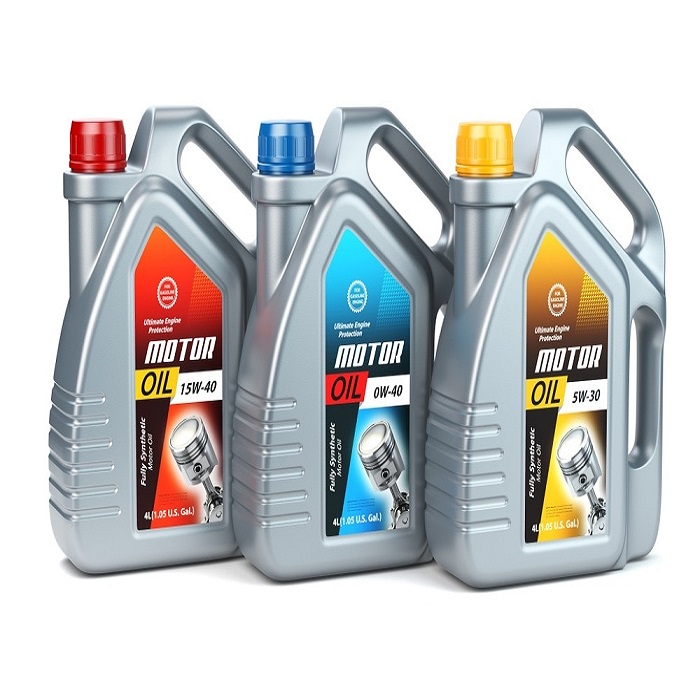
Synthetic vs. Conventional Oils: Which Is Better?
Another key decision when choosing engine oil is whether to go with synthetic or conventional oil. Here’s a detailed comparison to help you decide.
Conventional Oil
Conventional motor oil is derived directly from crude oil and refined for use in engines. It’s generally less expensive than synthetic oil but comes with some limitations:
- Pros:
- Affordable
- Widely available
- Suitable for older vehicles without advanced engine technology
- Cons:
- Breaks down faster, requiring more frequent oil changes
- Less effective in extreme temperatures
- Offers limited protection against sludge buildup
Synthetic Oil
Synthetic oil is engineered in laboratories to offer superior performance. It’s designed to address many of the shortcomings of conventional oil:
- Pros:
- Provides better protection in extreme temperatures
- Lasts longer, reducing the frequency of oil changes
- Resists breakdown and sludge formation
- Ideal for modern engines with turbochargers or direct injection systems
- Cons:
- More expensive upfront
- May not be necessary for older, simpler engines
For newer vehicles or those driven in challenging conditions, synthetic oil is typically the better choice. However, if cost is a concern and your car doesn’t require synthetics, conventional oil can still get the job done.
High-Mileage Oil: Is It Worth Considering?
If your car has racked up significant mileage—usually over 75,000 miles—you might want to consider high-mileage oil. These oils are specifically formulated to address issues common in aging engines, such as leaks, increased wear, and reduced compression.
Benefits of High-Mileage Oil
- Contains additives that condition seals and gaskets, reducing leaks.
- Helps restore lost engine power and efficiency.
- Minimizes oil burn-off in older engines.
However, high-mileage oil isn’t always necessary. If your older car runs smoothly and shows no signs of oil-related problems, sticking with regular synthetic or conventional oil might suffice.
The role of engine oil
Engine oil is often referred to as the “lifeblood” of a vehicle, and for good reason. It plays an indispensable role in ensuring the smooth operation, longevity, and efficiency of your car’s engine. Without proper lubrication, cooling, and protection provided by engine oil, even the most advanced engines would fail prematurely.
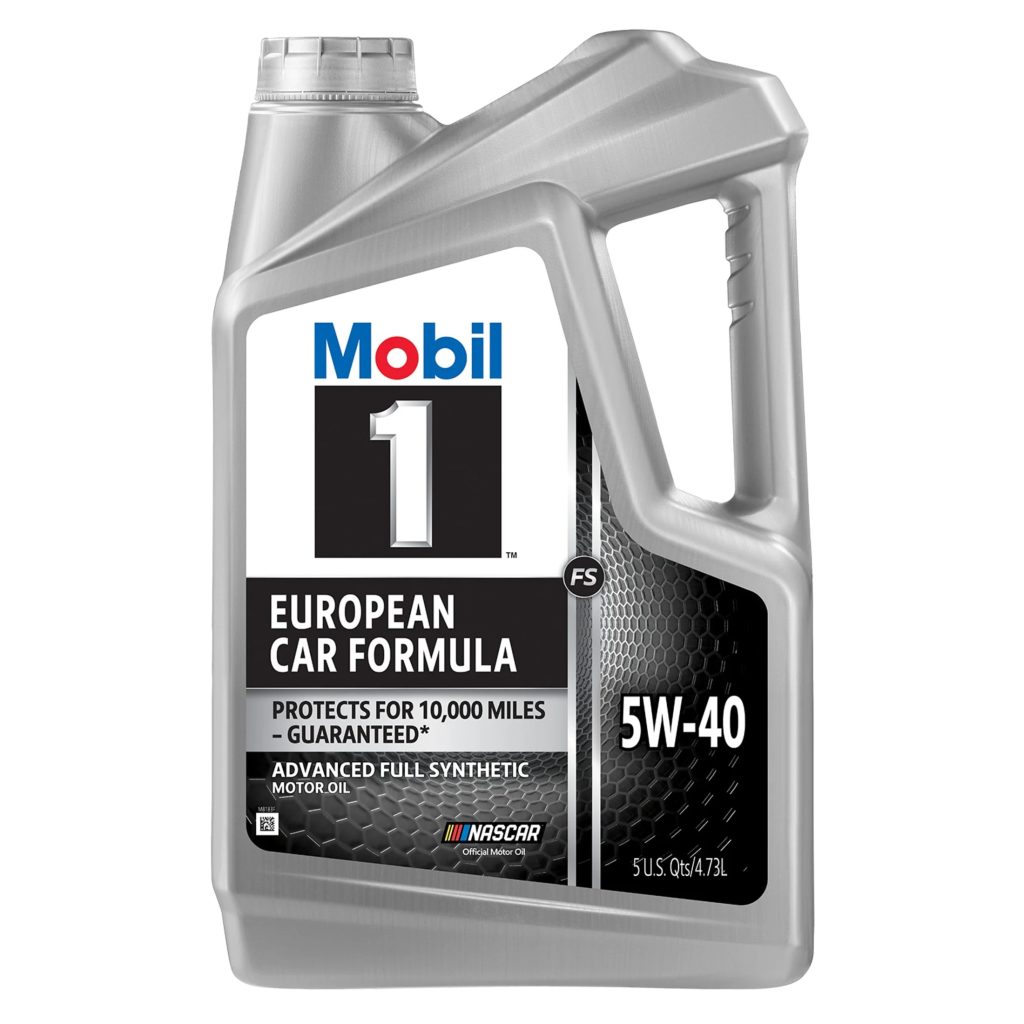
Understanding Engine Oil: What Is It?
Before delving into its functions, let us first understand what engine oil is. Engine oil is a specially formulated liquid that circulates within the engine to perform various essential tasks. It is typically made from a base oil and additives designed to enhance its performance. Base oils can be derived from crude oil (conventional oil) or synthesized in laboratories (synthetic oil). Additives include detergents, dispersants, antioxidants, and viscosity modifiers that improve the oil’s properties.
The primary purpose of engine oil is to ensure the engine operates efficiently while protecting it from wear, corrosion, and overheating. Its importance cannot be overstated, as it directly impacts the reliability and lifespan of your vehicle.
Lubrication: Reducing Friction Between Moving Parts
Why Lubrication Matters
One of the most fundamental roles of engine oil is lubrication. Inside your car’s engine, there are numerous moving parts such as pistons, crankshafts, camshafts, and bearings. These components constantly rub against each other at high speeds, generating friction and heat. Without adequate lubrication, this friction would cause excessive wear and tear, leading to costly repairs or even engine failure.
How Engine Oil Provides Lubrication
Engine oil forms a thin film between these moving parts, reducing direct metal-to-metal contact. This layer of oil minimizes friction, allowing the engine to run smoothly and quietly. Additionally, it prevents scoring, galling, and seizing of components, which could otherwise result in catastrophic damage.
Types of Lubrication
There are three main types of lubrication mechanisms facilitated by engine oil:
- Hydrodynamic Lubrication: Occurs when a thick layer of oil separates two surfaces completely.
- Boundary Lubrication: Happens when surfaces are partially separated by a thin layer of oil.
- Mixed Lubrication: A combination of hydrodynamic and boundary lubrication, common during startup or under heavy loads.
By providing effective lubrication, engine oil ensures that your vehicle’s engine remains durable and efficient over time.
Cooling: Managing Heat Within the Engine
The Problem of Excessive Heat
Engines generate immense amounts of heat due to combustion and friction. If this heat is not managed properly, it can lead to overheating, thermal expansion, and eventual engine breakdown. While the radiator and coolant system handle the bulk of the cooling duties, engine oil also plays a vital role in managing internal temperatures.
How Engine Oil Cools the Engine
As engine oil circulates through the engine, it absorbs heat from critical components like pistons, cylinder walls, and valve train assemblies. This absorbed heat is then transferred to the oil pan, where it dissipates into the surrounding air. In some cases, oil coolers may be installed to further regulate temperature.
Importance of Proper Viscosity
The viscosity of engine oil—its thickness or resistance to flow—is crucial for effective cooling. Oils with the wrong viscosity may fail to circulate adequately, leading to localized hotspots and reduced cooling efficiency. Always choose an oil grade recommended by your vehicle manufacturer to ensure optimal performance.
Cleaning: Removing Dirt and Deposits
Accumulation of Contaminants
Over time, dirt, debris, carbon deposits, and combustion byproducts accumulate inside the engine. These contaminants can clog oil passages, reduce efficiency, and cause long-term damage if not addressed.
How Engine Oil Cleans the Engine
Modern engine oils contain detergents and dispersants specifically designed to keep the engine clean. Detergents neutralize acids formed during combustion, while dispersants suspend harmful particles in the oil, preventing them from settling on engine surfaces. During an oil change, these contaminants are removed along with the old oil, leaving the engine fresh and protected.
Preventing Sludge Formation
Sludge—a gel-like substance formed by oxidized oil and contaminants—is one of the biggest threats to engine health. High-quality engine oils resist oxidation and sludge formation, ensuring that your engine stays clean and runs efficiently.
